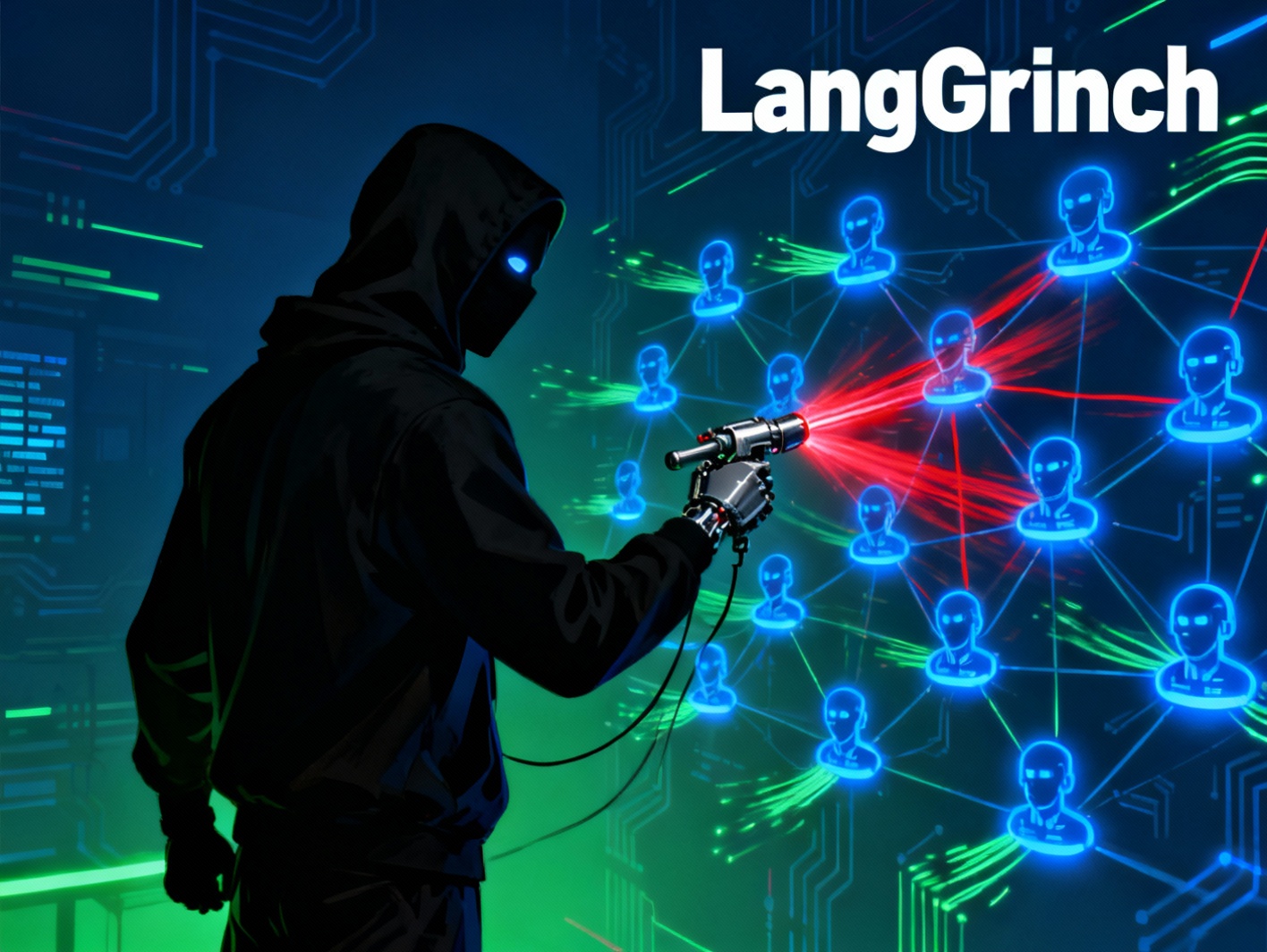Table of Contents
- Introduction
- The Details of the Sony-Bandai Namco Partnership
- Leveraging Combined Strengths: Technology Meets Intellectual Property
- Market Implications: Strengthening Global Anime and Gaming Presence
- Executive Insights: Vision and Enthusiasm for the Future
- Looking Ahead: Future Prospects and Industry Impact
- Conclusions
Sony’s recent move to acquire a 2.5% stake in Bandai Namco for $464 million signals more than a financial investment—it represents a strategic alignment between two giants in the entertainment industry. This partnership aims to deepen engagement with the global anime and gaming fanbase by leveraging Sony’s advanced technological infrastructure and Bandai Namco’s expansive portfolio of beloved intellectual properties. Given the rapid growth of both the anime and gaming markets, this development is a timely response to evolving audience demands and competitive industry dynamics. The intent is clear: co-create emotionally resonant experiences that resonate with fans worldwide. As we break down the chapters of this evolving relationship, we uncover the financial logic, creative synergies, market implications, leadership alignment, and future potential of this collaboration.
The Details of the Sony-Bandai Namco Partnership
Sony’s acquisition of 16 million shares in Bandai Namco for $464 million translates into a 2.5% equity stake in one of Japan’s most influential entertainment companies. While the percentage may seem modest, the strategic importance is considerable. The investment is not aimed at gaining control but at forging a deeper collaboration that aligns with Sony’s long-term content strategy. Financially, this move diversifies Sony’s entertainment portfolio and builds closer ties with Bandai Namco’s strong catalog of IPs such as Gundam, Dragon Ball, and Pac-Man.
This transaction also reinforces Sony’s integrated media approach that consolidates assets across music, film, games, and animation under one cohesive umbrella. The purchase is indicative of Sony’s intent to solidify its role not just as a platform provider but also as a content originator and co-creator. Given the rising market value of anime and licensed gaming content, acquiring even a minority stake allows Sony to influence creative and digital distribution strategies at Bandai Namco.
Strategically, this stake helps form a collaborative gateway that enables future joint developments, exclusivity agreements, and potentially even shared fan ecosystems—all of which are vital in a highly competitive global entertainment landscape.
Leveraging Combined Strengths: Technology Meets Intellectual Property
Combining Sony’s strengths in technology, multimedia platforms, and global distribution with Bandai Namco’s character-driven brands and story franchises results in compelling synergies. Sony brings to the table cutting-edge tech in areas like AI, virtual production, cloud gaming, and immersive audio, all of which can elevate Bandai Namco’s storytelling capacities. On the other side, Bandai Namco owns a treasure trove of IPs that span anime, manga, toys, and arcade heritage.
When these elements merge, the possibilities for co-developed content and new fan experiences multiply. Imagine a PlayStation-exclusive anime RPG developed with cinematic-quality visuals using real-time rendering technologies. Or a reimagined Gundam series made with Sony Pictures and distributed through Crunchyroll, which Sony owns. These integrations can produce new narratives while also extending existing franchises with deeper emotional arcs and interactive experiences.
Such collaborations can blur the lines between passive and active entertainment. Characters that exist in anime form might seamlessly transition into immersive VR/AR games. With Sony’s global logistics and audience analytics, they can tailor these products for diverse markets, scaling engagement in ways neither company could achieve alone.
Market Implications: Strengthening Global Anime and Gaming Presence
The collaboration is poised to make waves across the global anime and gaming markets. The anime industry has been experiencing rapid growth, with estimates projecting revenues to surpass $40 billion by 2025. Gaming is on a similarly upward trajectory, now recognized as the world’s dominant entertainment medium in terms of revenue. The entry of Sony and Bandai Namco into a closer partnership gives them a stronger competitive position to tap into these expanding sectors.
Regionally, this alliance strengthens Japanese soft power by consolidating two of the country’s most recognizable entertainment exporters. Globally, it allows both companies to create cross-cultural content and engage global communities more effectively through localized storytelling and gamification. Moreover, Sony’s access to Western markets complements Bandai Namco’s strong presence in Asia, thus creating a true global force.
The market impact could also spur competitors to react. Established anime production companies and gaming studios may seek partnerships or vertical integrations to maintain pace. This alliance is well-positioned to set new standards in IP franchising, merging both linear content such as anime series and interactive formats like mobile or console games into cohesive storytelling universes.
Executive Insights: Vision and Enthusiasm for the Future
Sony and Bandai Namco executives have been vocal about their enthusiasm surrounding this partnership. Sony’s leadership emphasized the shared vision of creating emotionally impactful and globally scalable entertainment experiences. Their statements highlighted how both companies see the fan not just as a consumer but as a participant in the creative process. This philosophy mirrors Sony’s unified entertainment approach that links technology, community, and storytelling.
From Bandai Namco, senior executives echoed the belief that working with Sony provides not just capital but an ecosystem—the ability to tap into Sony Music’s talent, PlayStation’s interactive platforms, and even its cinematic production capabilities. This alignment goes beyond financial synergy. It reflects a cultural understanding of fandom and the shifting nature of how stories are consumed and extended today.
Both sides view this as more than a transactional relationship. It is a platform for co-creation, driven by shared values of innovation, emotional engagement, and long-term brand development. The executives’ messages consistently revolved around serving global fan communities with richer and more immersive narratives that evolve across media types.
Looking Ahead: Future Prospects and Industry Impact
Looking ahead, the Sony–Bandai Namco alliance opens doors to numerous speculative yet plausible developments. We can expect the creation of new anime properties developed simultaneously as games, leveraging Sony Interactive Entertainment’s assets. Cross-format franchises where anime debuts on Crunchyroll and its game adaptation launches on PlayStation could become commonplace.
Existing IPs are also ripe for reinvention. Series like Tekken or Naruto could receive serialized anime spin-offs with input from Sony’s film or television production teams. Meanwhile, franchises like Demon Slayer, known for their cinematic flair and high emotional stakes, may evolve into hybrid media formats influenced by Sony’s expertise in audio-visual tech.
There is also the potential for strategic exclusivity deals. Sony could secure first-look rights on Bandai Namco’s IPs for PlayStation releases, giving it a competitive edge in gaming. In response, competitors like Netflix or Nintendo may accelerate their own content strategies or partnership models to avoid losing market share.
What truly sets this collaboration apart is the ability to build transmedia ecosystems—shared universes that span headphones, headsets, controllers, and streaming services. This move is not just an investment; it’s a future-proofing mechanism for both players in a rapidly evolving entertainment world.
Conclusions
Sony’s 2.5% stake in Bandai Namco signifies more than a financial maneuver—it marks the beginning of a multi-layered collaboration set to redefine boundaries in entertainment. Together, the two companies bring complementary strengths: Sony’s technological innovation and media outreach, paired with Bandai Namco’s deep-rooted IP portfolio and cultural resonance. As they align around a shared vision of global fan engagement and narrative co-creation, their partnership holds the promise of delivering emotional, interactive, and cross-platform experiences. This deal places them at the forefront of a shifting entertainment era, strengthening their competitiveness and shaping new industry standards for years to come.










